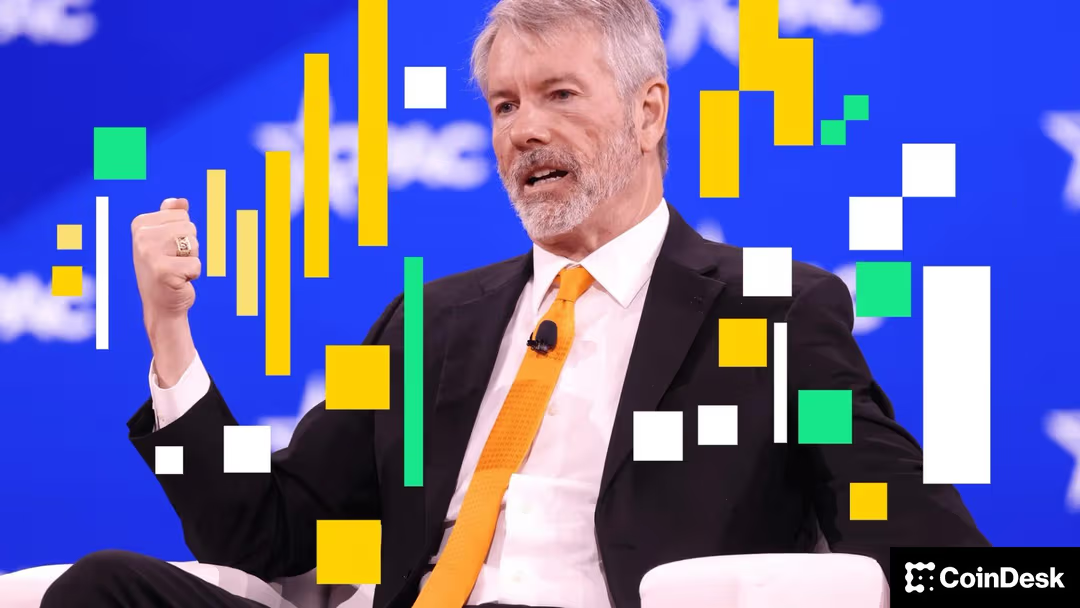Introduction
Venture capitalists invested more than $30bn into crypto and blockchain startups in 2022, nearly matching the $31bn invested in 2021. Most of the investment was made in the first half of the year, with macro and crypto market conditions leading to significant investment drawdowns in Q3 and Q4, with the last quarter seeing the lowest deal count and capital invested in 2 years. The share of capital and deals committed to later stage companies rose, while the share of pre-seed deals continued its multi-year downtrend. The Web3 category again accounted for the most deals, but companies building tools and platforms for Trading and Investment again raised the most money. In Q4, Crypto-focused VC venture firms themselves raised the smallest amount of capital since Q1 2021, although 2022 saw the largest amount ever raised by crypto VCs at more than $33bn.
VC Investing
Deal Count & Capital Invested
2022 was the second largest year for crypto VC by both deal count and capital invested, coming in just shy of 2021, crypto VC’s biggest year ever.

However, 2022 saw declining deal count and capital invested every quarter in 2022. In total, crypto and blockchain companies raised $2.7bn in Q4, down by more than 50% from Q3, when they raised $6bn, across 366 deals.

Deal counts and capital invested were down every quarter after hitting an all-time high at nearly $13bn and almost 1100 deals in Q1 2022. Rising rates, deteriorating macroeconomic conditions, and tumult in asset markets combined to reduce investor risk appetite in the crypto sector. More money was invested in crypto startups in Q4 2018 than in Q4 2022.
VC Money Invested & Bitcoin Price
The venture capital investment trend continued to follow bitcoin’s U.S. dollar exchange rate, which hit multiyear lows in Q4 2022.

VC Investment by Stage
With a significant decline in earlier stage venture investment but steady investment at later stages, the share of capital invested at later stages rose above 40%.

The decline in allocation to the earliest deals is particularly evident when examining deal count by stage. Q4 2022 was the first quarter on record with more later stage deals than pre-seed deals.

Valuation & Deal Size
Median deal sizes and valuations finished 2022 at the lowest levels since Q1 2021, continuing a downtrend witnessed throughout the year.

While crypto company valuations dropped in Q4, valuations across the broader VC market rose slightly, although deal sizes were down across the board.

Investment by Sector
Web3/NFT/DAO/Metaverse/Gaming (“Web3”) continued its deal count dominance in Q4 2022. 31% of all deals completed in Q4 2022 involved Web3 startups, the largest subsector. The Trading/Exchange/Investing/Lending (“Trading”) subsector held the second spot with 13% of deals.

By capital invested, though, Trading startups continued to command the most capital invested. Web3 deals are smaller and earlier stage than Trading deals, which demonstrates the nascency of the emerging subsector and narrative.

By Stage and Category
The earlier stage nature of Web3 investing is evident when we review deals by category and stage. More than 50% of deals in the Web3, Wallet, Privacy/Security, Compliance, and Mining categories involved pre-seed or seed stage companies. Conversely, 60% or more of deals done in the Trading and Data categories involved Series A or later stage companies.

The picture looks a little different when we examine by capital invested. Media/Communications/Education is the category whose investment is mostly comprised of early stage money, while Custody was almost entirely later stage money.

The US continues to dominate crypto VC, with more than 40% of all deals involving a US-headquartered startup.

Crypto VC Fundraising
Fundraising in the current macro environment has been difficult for all venture funds, as allocators rebalance and retract from risk investments. Declining cryptoasset prices along with turmoil in crypto market infrastructure has further compounded the drawdown. Q4 2022 saw the smallest amount of capital allocated to crypto VC funds since Q1 2021.

However, on an annualized basis, 2022 was still the biggest year for crypto VCs ever, with more than $33bn allocated to over 200 funds. This growth represents a significant increase from 2021, which saw $19.4bn raised across 140 venture funds.

Fund sizes continued to rise in 2022 after leaping forward in 2021. More than 200 funds raised in 2022 with an average fund size of more than $160m. Fundraises in the first half of 2022 were driven by 2021 narratives, with several prominent, large fundraises driving up the total, such as new raises from a16z, Hivemind, Ribbit Capital, and Haun Ventures.

Key Takeaways
- 2022 was a massive year for crypto VC, but investment and allocation interest declined throughout the year. 2022 nearly matched the explosive prior year, a sign that 2021’s exuberance carried over despite declining asset prices. Still, the ongoing decline in deal count, capital invested, and funds raised portends a difficult year ahead for all involved.
- Crypto VC environment has become difficult for founders and investors. Significant disruptions in the cryptoasset markets, both in terms of asset prices and market infrastructure, are contributing to a slowdown in venture investment in the crypto ecosystem. At the same time, macro headwinds and monetary policy uncertainty are dampening allocation to crypto VC funds, with Q4 seeing the smallest VC fundraising in 2 years. Declining allocation to crypto VCs is already leading to declining investment in entrepreneurs. This tightening results in declining valuations and stricter demands from investors, which together make for a more difficult fundraising environment for entrepreneurs. Startups will need to be laser focused on fundamentals, taming operational expenses, and driving revenue in 2023.
- Pre-seed deals continue their multi-year decline. Q4 2022 was the first time the count of later stage deals exceeded the count of pre-seed deals. The decline in pre-seed deal count highlights the maturation of the crypto industry, but also presages a near-term future with fewer new companies and thus fewer new products.
- Web3 continues to dominate deal count, while Trading leads capital invested. Web3 continues to lead the way for deal count, accounting for more than 30% of all deals done in Q4 2022. A plethora of early-stage companies are building across Web3, particularly in the NFT subsector, and continue to attract investment. However, the continued dominance of companies building platforms and tools for trading and investing shows both the continued importance and increasing maturity of market infrastructure in the crypto ecosystem.
- The US still dominates the crypto startup ecosystem. Startups headquartered in the United States accounted for more than 40% of the deals done in Q4 2022, with Canada and Switzerland tied for second at 2.5%. The continued importance of the United States, and its leading position, provide ample reason for US policymakers to clarify and codify rules and regulations for this emerging space.





All Comments